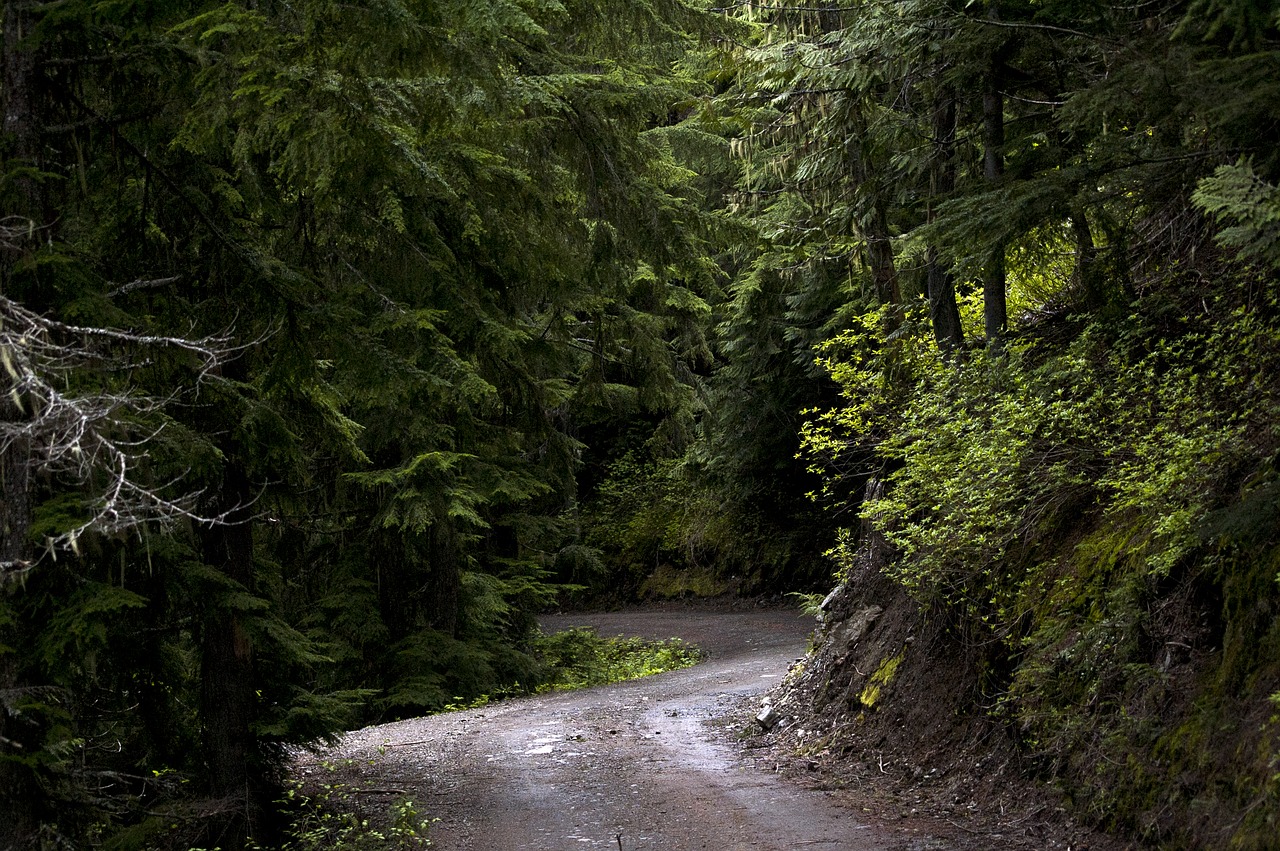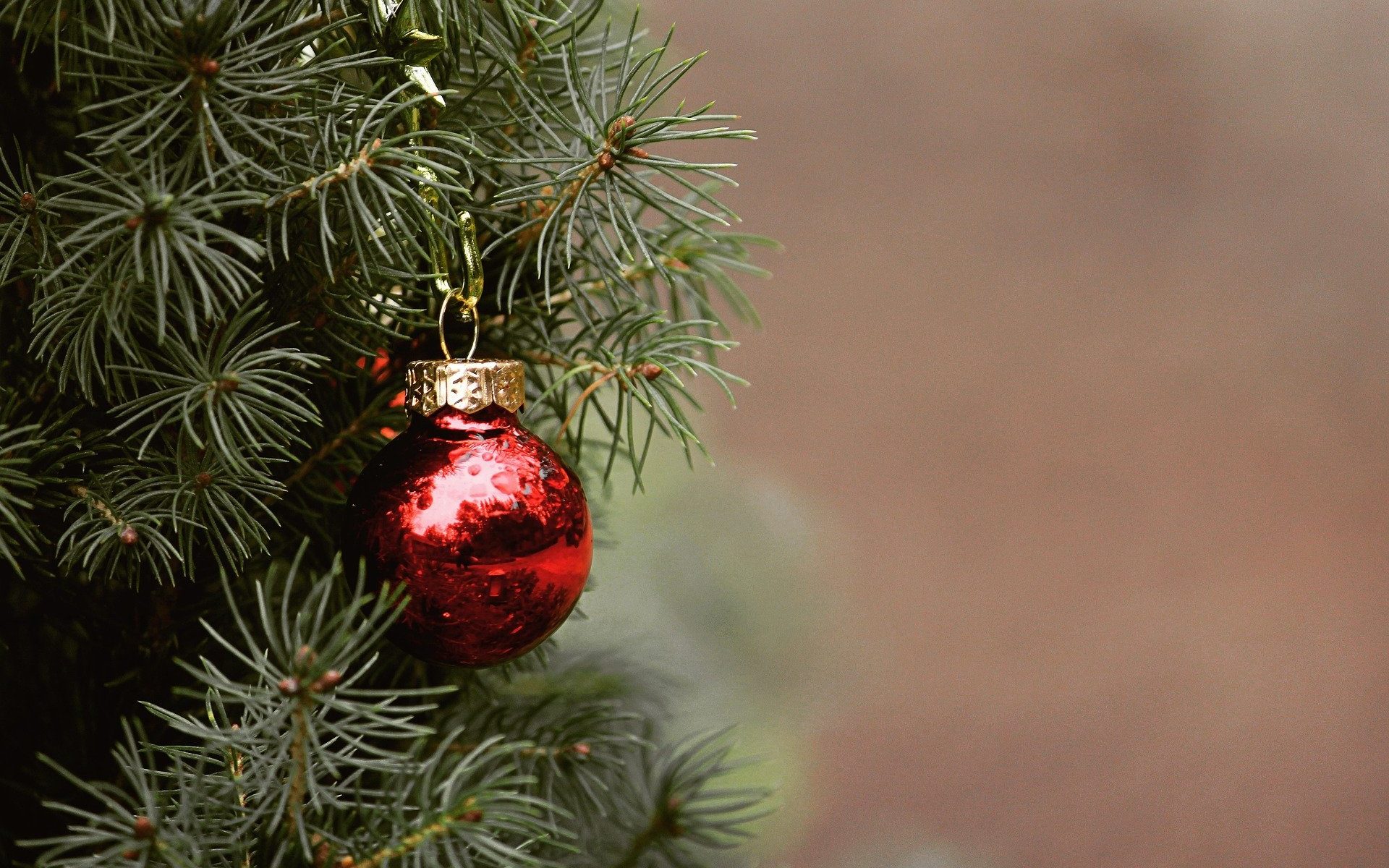Genesis 2:9
And out of the ground the LORD God made to spring up every tree that is pleasant to the sight and good for food. The tree of life was in the midst of the garden, and the tree of the knowledge of good and evil.
What does it mean to be “in the midst” of something?
Dictionary.com defines “in the midst” as the position of anything surrounded by other things or parts or occurring in the middle of a period of time.
Have you ever wondered why the tree of life is highlighted as being in the midst of the garden God created? What is the significance of this detail that is shared with us?
A synonym for “midst” is “middle”. Being in the middle of something means the object or person is equally distant from everything else within a specified area. In Genesis 2:9 this could mean the tree of life was at the very center of the garden God created. Or it could mean the tree of life was simply among the other trees of the garden.
Regardless of its precise physical placement within the garden design, scripture is making a point to highlight the tree of life as being present and available to mankind at the start of God’s design. However, God restricted our access to the tree of life as the consequence for disobedience to his first command after Eve and Adam ate fruit from the tree of the knowledge of good and evil. (See Genesis 3:22-23)
Right now, we are “in the midst” of His plan of restoration for mankind. But guess what? We will one day have access to the tree of life again!
Revelation 22:1-2
Then the angel showed me the river of the water of life, bright as crystal, flowing from the throne of God and of the Lamb through the middle of the street of the city; also, on either side of the river, the tree of life with its twelve kinds of fruit, yielding its fruit each month. The leaves of the tree were for the healing of the nations.
Revelation 22:14
Blessed are those who wash their robes, so that they may have the right to the tree of life and that they may enter the city by the gates.
What does it mean to “wash their robes”?
Revelation 7:14
I said to him, “Sir, you know.” And he said to me, “These are the ones coming out of the great tribulation. They have washed their robes and made them white in the blood of the Lamb.
Restoration is God’s plan for those who acknowledge Him as Lord and Savior. All who “wash their robes” in accepting Christ’s sacrifice (on a tree by the way) as the penalty for their sins will be granted access to the tree of life and its twelve fruits that yield a harvest every month!
In the meantime, we’ve been promised that the Helper, the Holy Spirit, is with us to teach and comfort us while we await the final restoration. (See John 14:26)
May you be encouraged knowing the Holy Spirit is “in the midst” of your daily experience until the time of the final restoration.
Blessings, Barbara Lynn





